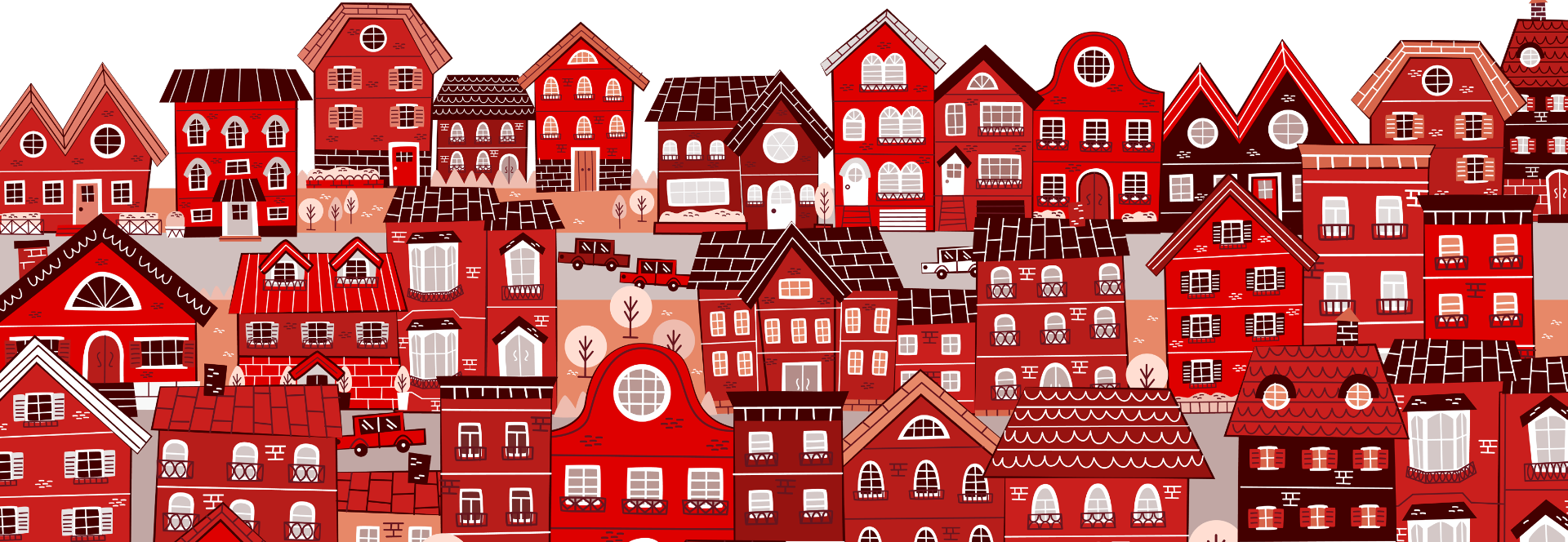
What does it mean to be a landlord?
Landlords rely on tenants and vice versa – a friendly mutually beneficial arrangement is always better
The term “Landlord” can conjure a negative image of an old-world aristocrat surveying bountiful estates, strong and beyond reproach. The reality is that a landlord provides a specific offering and must uphold a standard to their customer – the tenant. They have a multitude of rights but with those come obligations. Likewise, tenants should be able to exercise their own rights within a contract without a stubborn landlord making life difficult. A property owner does not wield ultimate power. It’s a common misconception and one that quickly sours what could otherwise be friendly mutually beneficial arrangements.
As a lessor, it’s important to remember the appeal of all the good service providers you’ve encountered and apply the same theory to leasing your home. A happy customer is a better housekeeper with more interest in keeping your investment (their home!) in good condition. The hassle of changing tenants frequently can sometimes be avoided by taking care of the ones you have.
Protect Yourself
Unfortunately, tenants are human. They can hit hard times, experience a shift in circumstances, or slip through the layers of finance and character checks and into your property. In rare situations, there may be extreme damage, unpaid rent or an abandonment. These situations are difficult to foresee. If they happen, there’s very little that can be achieved by getting upset or playing the blame game. If you have comprehensive, tailored landlord insurance in addition to your building cover, you might suffer temporarily, but most of your losses can be recovered.
Know Your Responsibilities
Make sure to inform yourself of the must-have inclusions a property needs before it’s leased. These include installing compliant smoke alarms and two RCDs. Not only can you be fined for neglecting these items, but it’s a matter of safety for your tenants and your home. During the lease, there will be general cleaning and maintenance items that you may not realise are your responsibility as a good landlord. They include things like cleaning gutters.
Little Things
Don’t sweat it over little things. Just like in your own residence, wear and tear and accidents happen. Milk spills, vacuum cleaners clip walls, balls hit windows. Don’t expect your tenants to be tip toeing around your property as if it’s The Louvre. Accidental damage is expected in any building as a product of living. Malicious damage is a different matter. If found to be a product of vindictiveness or negative intention, it will be repaired at your tenant’s expense. Regardless, the key is insurance and it pays to be covered.
Helping Hand
Assisting your renters with achieving your own property goals and making the space feel special is a great idea for everyone. Would you like to see that lawn flourishing? Consider contributing towards the water supply that will keep it lush and green. What about a lick of paint on the walls to inspire more vigilance around damage? What about installing a dishwasher to keep everything simple and tidy in the kitchen? If your house feels bright, fresh and beautiful, it will generally be given more attention and care.
If it’s Broke, Fix It
Your tenant walked into your property with its best features in good working order. Obviously if a pipe bursts or a hot water system fails, you would expect to be urgently replacing the faulty parts and getting things back to normal. Sometimes it’s not such a blatantly essential asset that breaks, but it is still your responsibility to take steps to put it back into use. Roller shutters, air conditioners and dryers may not be necessities in life, but if they are part of your original offering the value of your agreement depends on them. It can be frustrating to be what feels like continually approving tradies and paying their bills, but it boils down to caring for your investment and honouring your commitment. Don’t leave tenants wondering when they will have use of those inclusions again.
Take The High Road
So what happens if you’re the unfortunate lessor who acquires the tenants from hell? If you’ve secured the services of a professional property manager, you won’t have to sweat it. Ask for advise from your property manager and trust that the REIWA guidelines and residential tenancies act will protect you if you have done everything by the book. You absolutely have rights and they will be exercised if you’ve engaged the right real estate experts on your side. Don’t fall into the trap of harbouring unsavoury feelings towards tenants in general after one bad experience. Maintain your optimism and the attitude that if you look after their interests, they will look after your asset.
Like any transaction, approaching a property lease with humility and a fair mind is essential to its success. A healthy tenant and landlord relationship, carefully managed by a rental property professional, can be a very lucrative and rewarding arrangement. A responsive and fair landlord is more likely to attract the kind of tenant who will stay long term, care for a home and be a good leaver when the time comes to move on. You’ve worked hard for your investment property, don’t miss the opportunity to let it work for you.
Related Articles

Where to change addresses when moving house

Where to eat in Perth - our top picks


